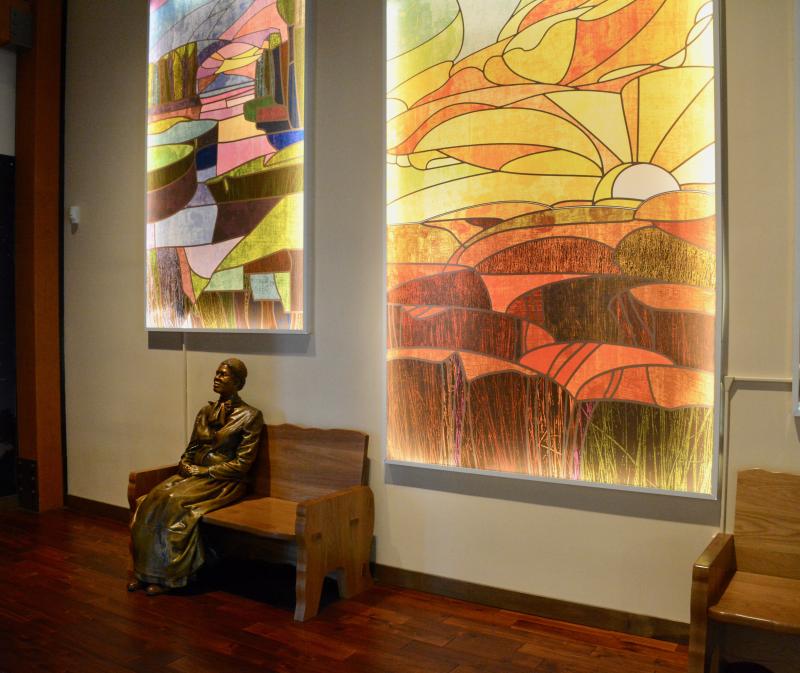Black History bill moves out of committee
Testimony in favor of a bill that would require Black history to be taught throughout the school year ran into the evening of March 31 before the bill moved out of committee.
House Bill 198, sponsored by Rep. Sherry Dorsey Walker, D-Wilmington, would expand the teaching of Black history from one month a year to an integrated effort that incorporates the struggles and achievements of Black Americans into the entire story of American history.
Dorsey Walker said students would be educated on how Black people were treated throughout history in this country and examine the ramifications of prejudice, racism, and intolerance, while preparing students to be responsible members of a pluralistic democracy.
“Black history is American history. This legislation allows us to see our commonality,” she said, before referencing Black accomplishments that include inventing the traffic light, remote control, and hair brush, and advancing blood plasma research.
Under the bill, the schools’ curricula would include:
• The history and culture of Black people prior to the African and Black Diaspora, including contributions to science, art, and literature
• The significance of enslavement in the development of the American economy
• The relationships among white supremacy, racism, and American slavery
• The central role racism played in the Civil War
• How the tragedy of enslavement was perpetuated through segregation and federal, state, and local laws
• The contributions of Black people to American life, history, literature, economy, politics, and culture
• The socioeconomic struggle Black people endured, and continue to endure, in working to achieve fair treatment in the United States; as well as the agency they employ in this work for equal treatment
• Black figures in national history and in Delaware history.
The bill would require instruction to recognize the impact of racial and historical trauma, while engaging students about the roles and responsibilities of all citizens to combat racism, inequality and discrimination through various means such as protest, reform and celebration. The curricula also would teach about historical discrimination in Delaware, be designed to develop students’ respect for cultural and racial diversity, and provide opportunities for students to discuss and uplift the Black experience.
Dorsey Walker said that young Black children who have a fuller understanding of the contributions made by their ancestors and the struggles they’ve overcome will have a greater feeling of self-worth and be more able to see the value in others.
A college student and a high school student who helped craft the bill said they are disappointed because they learned little Black history in Delaware's public schools.
“My history and life were undervalued,” said Tyler Busch, a graduate of Mount Pleasant High School.
Tariah Hyland, a senior at St. Georges Technical High School, said the curriculum marginalizes Black history, but she is hopeful the divide caused by white supremacy will be fixed.
Other students said they objected to learning about white, European history when Black history is ignored.
“We were hurt and are still hurting,” said Rachelle Gayee, a Mount Pleasant student. “I deserve to learn more about my culture.”
The Department of Education would consult with groups such as the NAACP, Africana studies programs at Delaware State University and University of Delaware, Delaware Heritage Commission, Delaware Black Student Coalition, Metropolitan Wilmington Urban League and Eastern Shore AFRAM in Seaford in developing resources to assist schools with crafting their curricula.
Melissa Steele is a staff writer covering the state Legislature, government and police. Her newspaper career spans more than 30 years and includes working for the Delaware State News, Burlington County Times, The News Journal, Dover Post and Milford Beacon before coming to the Cape Gazette in 2012. Her work has received numerous awards, most notably a Pulitzer Prize-adjudicated investigative piece, and a runner-up for the MDDC James S. Keat Freedom of Information Award.


















































